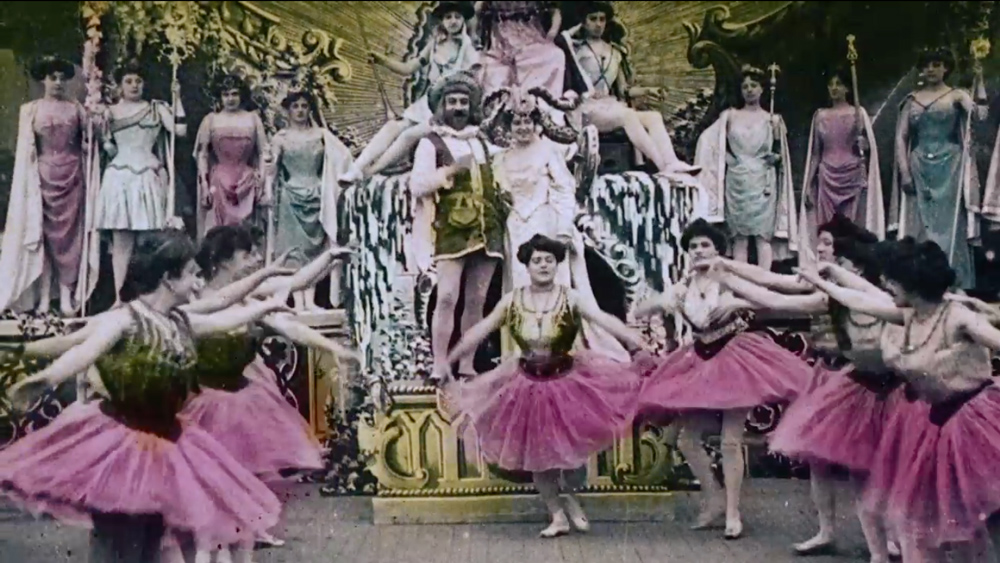
Image via Diego Sevilla Ruiz
A certain Zen proverb goes something like this: “A five year old can understand it, but an 80 year old cannot do it.” The subject of this riddle-like saying has been described as “mindfulness”—or being absorbed in the moment, free from routine mental habits. In many Eastern meditative traditions, one can achieve such a state by walking just as well as by sitting still—and many a poet and teacher has preferred the ambulatory method.
This is equally so in the West, where we have an entire school of ancient philosophy—the “peripatetic”—that derives from Aristotle and his contemporaries’ penchant for doing their best work while in leisurely motion. Friedrich Nietzsche, an almost fanatical walker, once wrote, “all truly great thoughts are conceived by walking.” Nietzsche’s mountain walks were athletic, but walking—Frédéric Gros maintains in his A Philosophy of Walking—is not a sport; it is “the best way to go more slowly than any other method that has ever been found.”
Gros discusses the centrality of walking in the lives of Nietzsche, Rimbaud, Kant, Rousseau, and Thoreau. Likewise, Rebecca Solnit has profiled the essential walks of literary figures such as William Wordsworth, Jane Austen, and Gary Snyder in her book Wanderlust, which argues for the necessity of walking in our own age, when doing so is almost entirely unnecessary most of the time. As great walkers of the past and present have made abundantly clear—anecdotally at least—we see a significant link between walking and creative thinking.
More generally, writes Ferris Jabr in The New Yorker, “the way we move our bodies further changes the nature of our thoughts, and vice versa.” Applying modern research methods to ancient wisdom has allowed psychologists to quantify the ways in which this happens, and to begin to explain why. Jabr summarizes the experiments of two Stanford walking researchers, Marily Oppezzo and her mentor Daniel Schwartz, who found that almost two hundred students tested showed markedly heightened creative abilities while walking. Walking, Jabr writes in poetic terms, works by “setting the mind adrift on a frothing sea of thought.” (Hear Dr. Oppezzo discuss her study in a Minnesota public radio interview above.)
Oppezzo and Schwartz speculate, “future studies would likely determine a complex pathway that extends from the physical act of walking to physiological changes to the cognitive control of imagination.” They recognize that this discovery must also account for such variables as when one walks, and—as so many notable walkers have stressed—where. Researchers at the University of Michigan have tackled the where question in a paper titled “The Cognitive Benefits of Interacting with Nature.” Their study, writes Jabr, showed that “students who ambled through an arboretum improved their performance on a memory test more than students who walked along city streets.”
One wonders what James Joyce—whose Ulysses is built almost entirely on a scaffolding of walks around Dublin—would make of this. Or Walter Benjamin, whose concept of the flâneur, an archetypal urban wanderer, derives directly from the insights of that most imaginative decadent poet, Charles Baudelaire. Classical walkers, Romantic walkers, Modernist walkers—all recognized the creative importance of this simple movement in time and space, one we work so hard to master in our first years, and sometimes lose in later life if we acquire it. Going for a walk, contemporary research confirms—a mundane activity far too easily taken for granted—may be one of the most salutary means of achieving states of enlightenment, literary, philosophical, or otherwise, whether we roam through ancient forests, over the Alps, or to the corner store.
via The New Yorker/Stanford News
Related Content:
Why You Do Your Best Thinking In The Shower: Creativity & the “Incubation Period”
John Cleese’s Philosophy of Creativity: Creating Oases for Childlike Play
Free Online Psychology Courses
Josh Jones is a writer and musician based in Durham, NC. Follow him at @jdmagness






